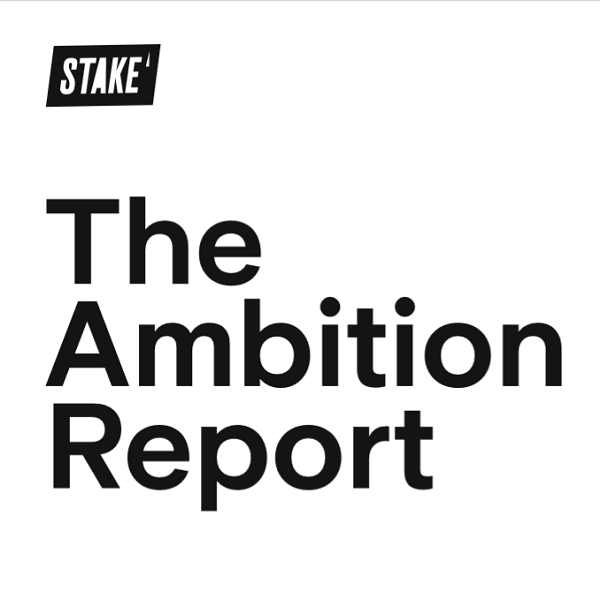
Housing costs and wage stagnation threaten long term goals as inflation persists: Stake research
New research from online investment platform Stake reveals that Australians are turning to financial markets to protect their future, as long term wage growth fails to keep up with the rising price of goods and assets.
The Stake Ambition Report, which surveyed more than 2,000 non-retired investors, shows that Australians rank housing costs, goods inflation, and slow wage growth as the top three barriers to their financial goals. But they are actively taking action to get ahead.
Seven in 10 are facing financial strain due to wages not keeping up with inflation, yet 73% continued to invest over the past six months, and more than two-thirds (67%) retained all their shares over the past year. When asked if what you own is more important than how hard you work in Australia today, almost twice as many respondents agreed, rather than disagreed (1.8 times).
Jon Howie, CEO of Stake, commented, “In an economy where costs continue to outpace wage growth, Australians are looking for more accessible and reliable ways to reach financial security. Rather than simply waiting for things to get better, they are upskilling, delaying gratification and engaging with financial markets to supplement their hard work.”
The most popular investment goals include a desire to retire and live off investments (54%), boost income (51%) fund travel (43%), and reduce working hours (34%). When defining financial success, investors chose themes centred on lifestyle flexibility — such as being debt free (86%), home ownership (85%) and living in their chosen area (77%) — over owning their own business (20%) or having an impressive job title (13%).
While 73% of Australians express a desire to buy an investment property if they had the means, they are five times more likely to view the share market as a more accessible entry point to building wealth, compared to those who do not.
Investors take action against a growing intergenerational wealth gap
63% of investors believe the intergenerational wealth gap is holding young people back, and three in four say they are concerned that this gap is growing — including more than three in five of the over 65s (61%). But just 28% of 18-34-year-olds have had significant financial help in their adult lives so far.
Howie continued, “Australia, like many nations, is set to experience a massive intergenerational wealth transfer, but not everyone will benefit, and it’s important that young people can determine their own future. Our data shows that younger generations are proactively cutting down on discretionary spending to invest and grow their wealth, revealing an impressive amount of drive and ambition for improving their situation.”
In response, younger generations have maintained their investment habits at a higher rate than their seniors over the past six months, including 85% of 18-24-year-olds — the highest percentage across all age groups.
Additional findings include:
- Hard-hit on essentials, investors pull back on lifestyles to secure their future: Financial strain from essentials like groceries (77%), utilities (73%), and rent or mortgage payments (60%) mean investors are choosing to forgo the present in pursuit of the future. The top cutbacks over the last six months have been takeaway food (55%), dining out (51%), holidays (48%), and out-of-home entertainment (47%), while just 31% have reduced allocations to savings or investments.
- Incomes not stretching far enough for Australians:When respondents were asked which salary they would require to live comfortably, the $121-150K bracket was the most popular — which is around double the national median wage of $67,600 — closely followed by the $101-120K bracket (18%). Investors plan to spend funds from the stage three tax cuts on household expenses (31%), rainy day savings (31%), paying off debt (24%) and investing in the share market (21%). Nearly one in five (19%) expect no wage increase in the next year, and 5% anticipate a decrease.
- A longer road to retirement:Four in five believe that by the time they retire, most people will be working past 65, which is encouraging them to take action. Despite concerns over delayed retirement, 30% of investors would repurpose their superannuation to buy a property if they could.
- Investors rely on self-directed pathways to build investing knowledge, as formal education falls short:Only 11% say their skills came from school. Most are proactively bridging that gap through friends and family (54%), followed by self-directed methods such as books (43%) and social media platforms (27%).
- Bullish on Gold and AI:When asked about their outlook on major investment themes for the next year, investors took a shine to gold (49%), EVs (46%) and AI (44%). They see inflation (47%), a slowing global economy (43%) and geopolitical conflict (35%) as the biggest risks to their portfolios over the next year.


